Alert: This review contains a spoiler.
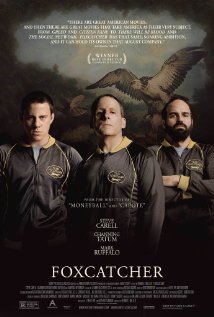 Foxcatcher/2014/Sony Pictures Classics/134 min.
Foxcatcher/2014/Sony Pictures Classics/134 min.
“I’ve been looking for a father my whole life and I finally found him in John du Pont,” says Channing Tatum as Olympic wrestling champ Mark Schultz in “Foxcatcher.”
The movie is based on the real-life saga of the ultra-wealthy du Pont (Steve Carell) and his working relationship with Mark Schultz and his older brother Dave Schultz (Mark Ruffalo), both of whom won Olympic gold medals in 1984.
With the apparent aim of coaching wrestlers for the 1988 Seoul Olympics, du Pont invites Mark to train on his family estate, Foxcatcher Farm. But du Pont has little talent for coaching and it’s clear he wants to be more than a father figure to his protégée.
When Dave joins his brother at Foxcatcher, Mark is pushed aside and becomes alienated. Du Pont sours on his coaching plans and ultimately commits murder.
Director Bennett Miller (“Capote” and “Moneyball”) won the Best Director prize for “Foxcatcher” at the Cannes Film Fest. E. Max Frye and Dan Futterman wrote the script. The film strikes a grim and chilling mood, and Miller elicits memorable performances. From his pasty skin to his hunched gait to his clipped, halted speech, Carell perfectly conveys the menacing arrogance and internal emptiness that apparently defined du Pont’s personality. Ruffalo and Tatum are excellent as well.
But the film is strangely lopsided. Though it creates intensely compelling portraits on the surface, it shies away from examining the characters, especially du Pont, in real depth (once the triangle grows strained, Mark is essentially sidelined) and avoids any probing of du Pont’s interior life or motive for a cold-blooded killing.
That was a conscious decision, said Miller at a recent press conference in Beverly Hills. “[The film] resists the temptation of concluding anything, of putting labels on what this complex is. It purposely denies you the satisfaction of saying that’s what it was and to let you stop thinking about it. There was no conclusion in real life.”
At du Pont’s trial, neither the prosecution nor the defense suggested a motive for the crime. A jury rejected du Pont’s request to be found not guilty by reason of insanity. He was found guilty but mentally ill.
Carell said du Pont’s longtime sadness and loneliness influenced his portrayal. “I never approached him as a villain,” he said at the press conference.
And though Carell is compelling to the point of being almost unrecognizable as this awkward creepy loner, the fact remains that du Pont was indeed a villain, in more than ways than one. Completely sidestepping this essential component of the story dilutes the overall impact.
That said, “Foxcatcher” is worth seeing, especially given the Oscar buzz around the actors. “It’s very rewarding that it is resonating with people,” Carell said. “It was challenging, exciting and exhilarating.”
“Foxcatcher” opens in theaters today.
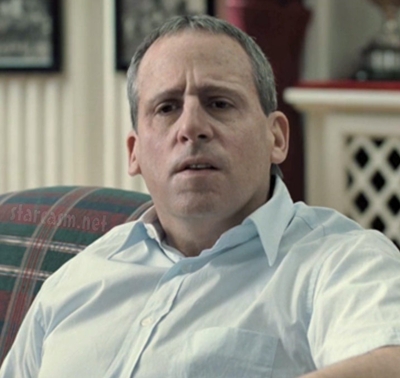





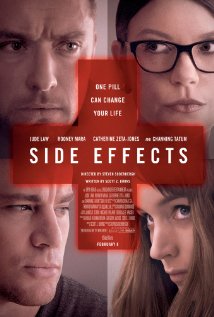
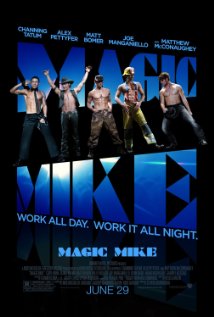
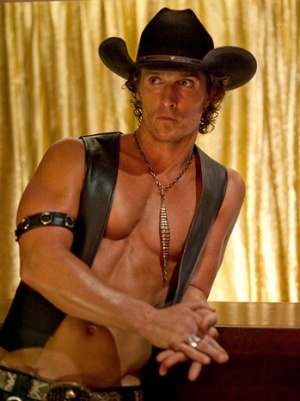





From FNB readers